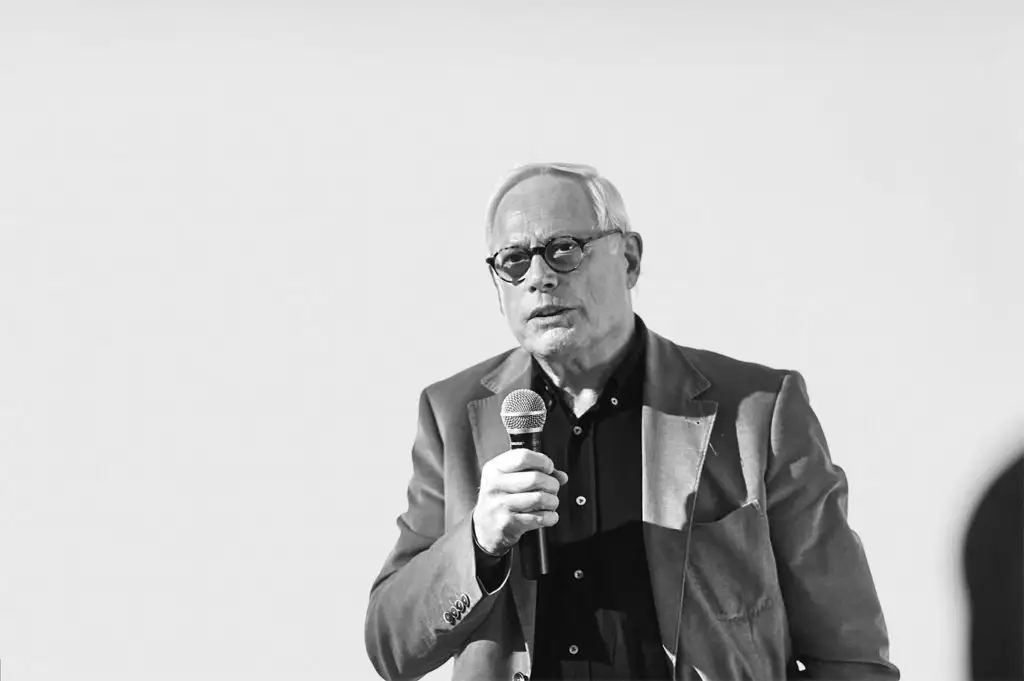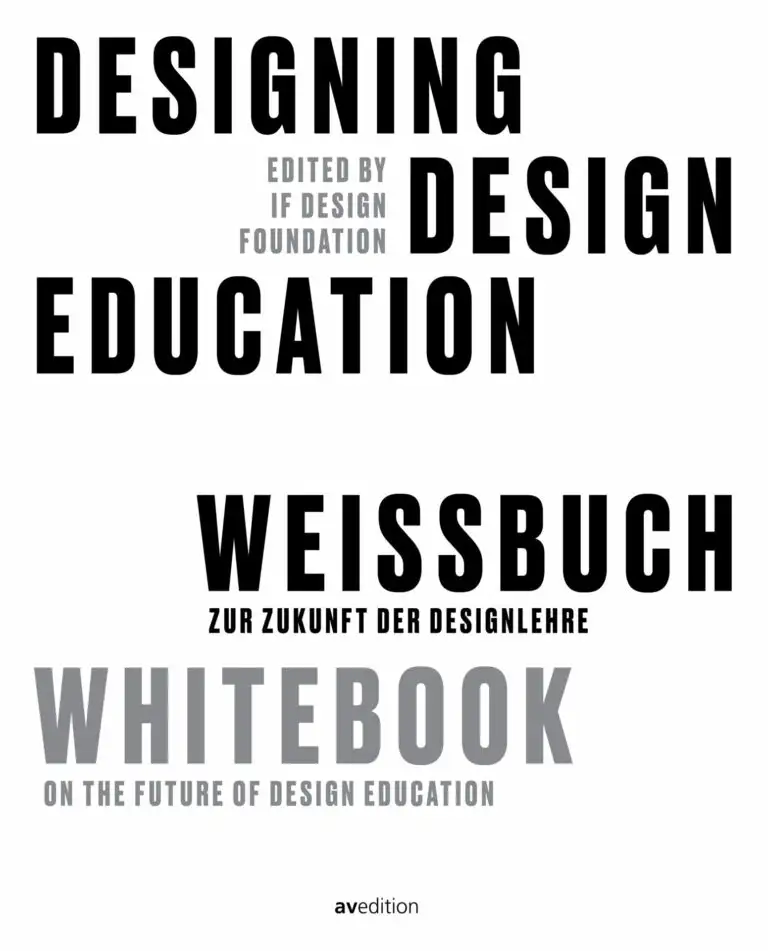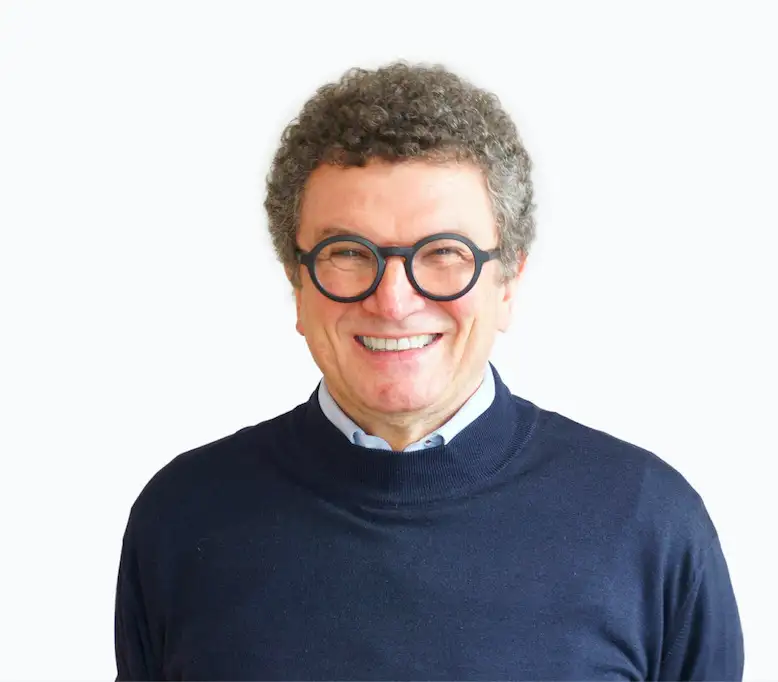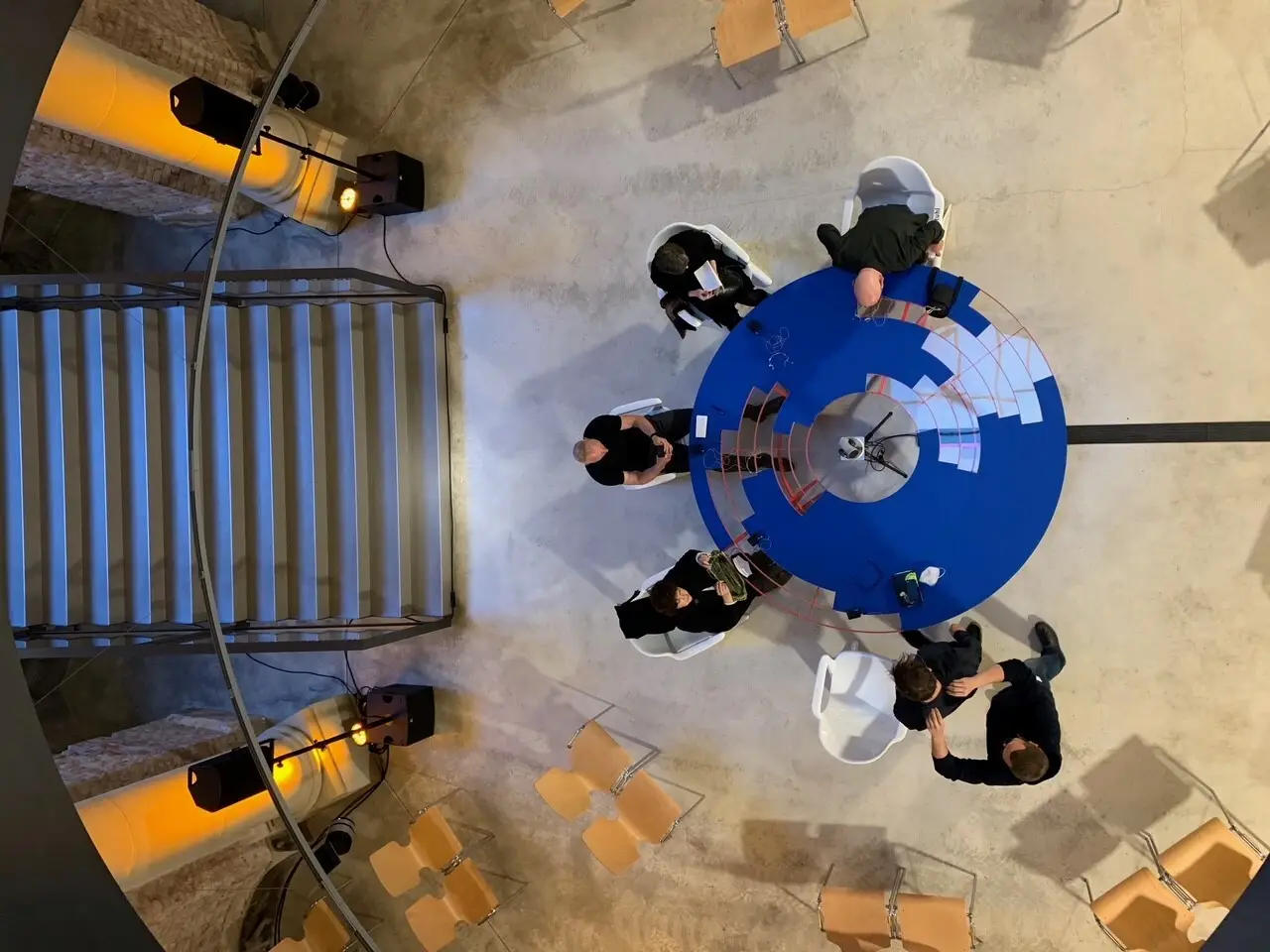Dieter Rams has written a welcome note on the occasion of the publication of the White Book on the Future of Design Education: Designing Design Education. The icon among German industrial designers talks about the ethics of design, design as a thought process and about harmony with natur...

Design can only be as good as are the designers themselves. For this reason, one key to the quality of how our environment is designed is well-founded and forward-looking education and training for the young protagonists of the discipline. I consciously include »training«, as designing objects has a lot to do with knowledge and mindset.
The concept of design seems opaque and strongly frayed at the edges, and this is not a new development. The number of activities that call themselves design ranges from hair design to nail design, i.e., from the top of things to the bottom, and could be transposed onto society as a whole. The Internet now offers you 15 billion entries on the concept of design!
Not that I have anything against hairdressers and pedicure experts; however, if we are talking about graduate courses in design, in particular industrial design, then we need criteria unlike beauty or beautified packaging. The design of our world of things has complex functional, psycho- logical, social and not least political impacts. What interests me here is above all a reduction in these worlds of things and I am firmly convinced that we need an expanded ethics of design. It is without doubt difficult to improve human morals, but a lot would be gained if we could improve our thinking. Design is first and foremost a process of thinking.
For me, »less, but better« therefore means that we must get away from the unculture of superfluity, of waste, of cheapness in the literal sense, and in the metaphorical sense. It means that we need more things that really do and really achieve what users hope they will: easing, expanding, intensifying our lives. In fact, in my opinion indifference towards people and their lived realities is the only sin that a designer can commit.
Design is first and foremost a thought process.
Dieter Rams
What will product design be in coming years? In line with what objectives, under what conditions and according to what criteria will our environment have to be designed in the future? What will constitute the meanings and value of design?
A study of industrial design must find new answers to this, which must consider new parameters: enormous ecological challenges, interactive processes, extensive digitization, new forms of communication, artificial intelligence, and above all a new practice of consumption, to name but a few examples. Designers must urgently come up with new suggestions in this regard.
The best precondition for this would be a substantive course of study. Perhaps we need fewer rather than continually more courses of study to achieve this, but they should be better equipped and be in a position to define the disciplinarity and advance it. Germany has a great tradition in design colleges, of which Bauhaus and Ulm are simply the best known. In the past there were a great deal more. We need to lock into this tradition with new cutting-edge institutions.
Moreover, product designers must constantly look beyond their own four walls. I personally would find intensive academic interaction with architects and urban planners very meaningful in this context. Environmental design, our built spaces, and appliances, i.e., industrial design, go together and a joint discourse on them could highlight new perspectives in life. We must together think about our material future and find a new harmony with nature. One thing is very certain this regard, namely that there will be no off-the-peg recipes and an immense, unprecedented effort will be required, in thought, conceptualization, design, technology and organization. And we are only at the very beginning of this.
I would be delighted should this Whitebook contribute to a fruitful discussion on the future of design education and expressly wish the enterprise every success.



